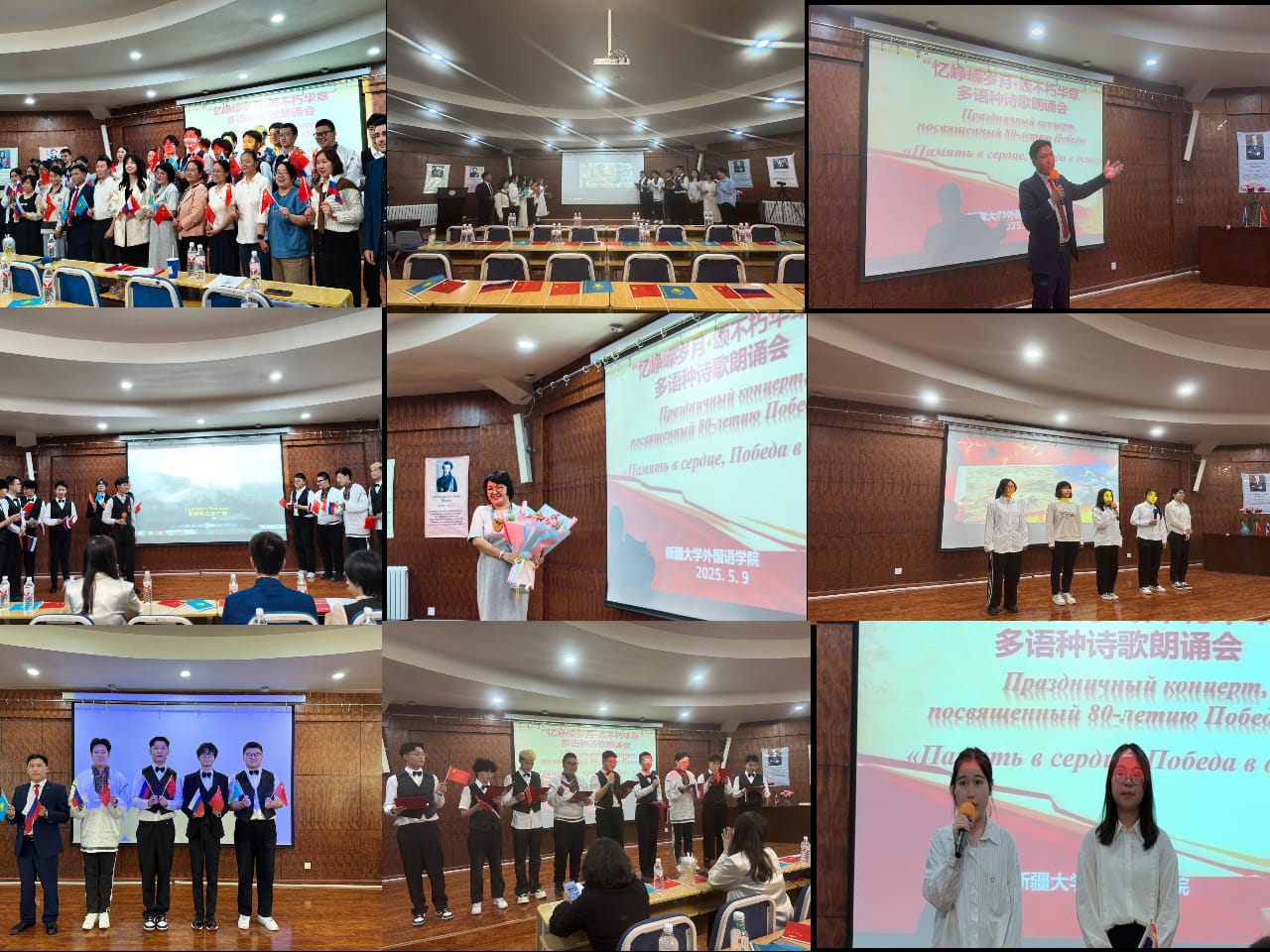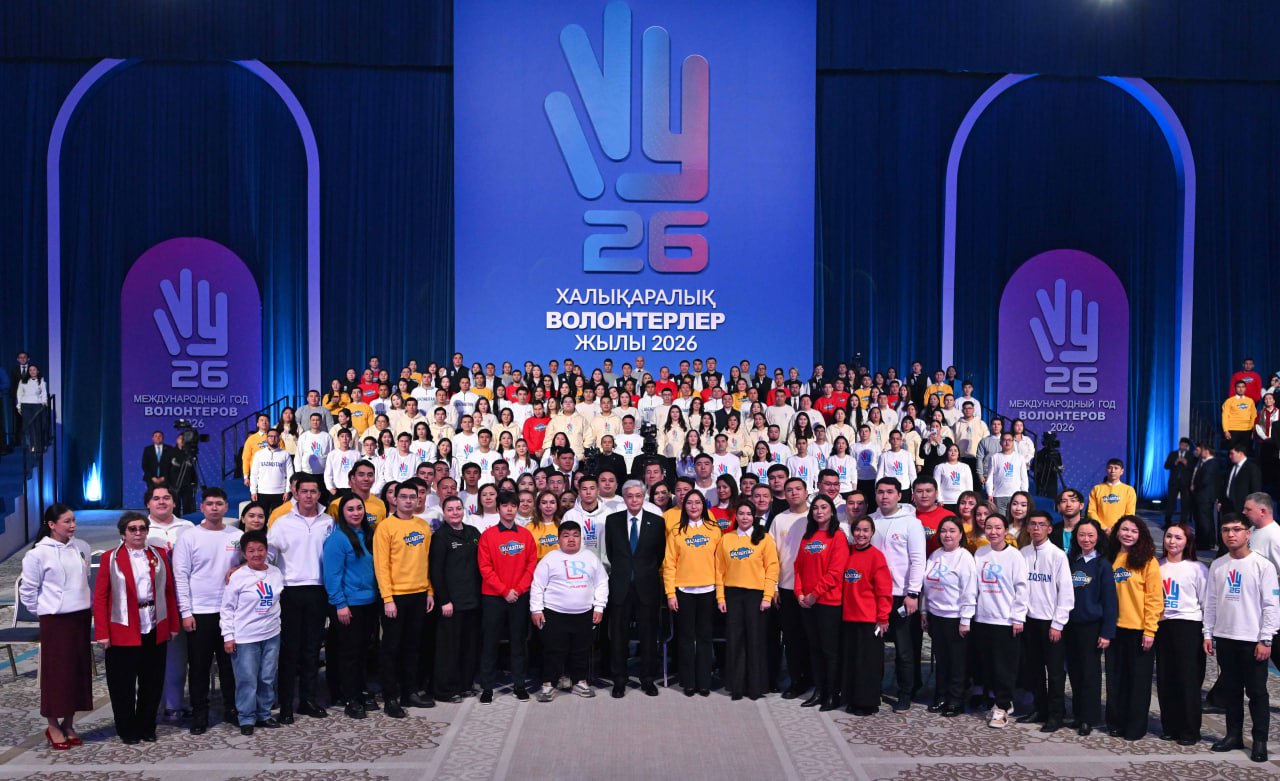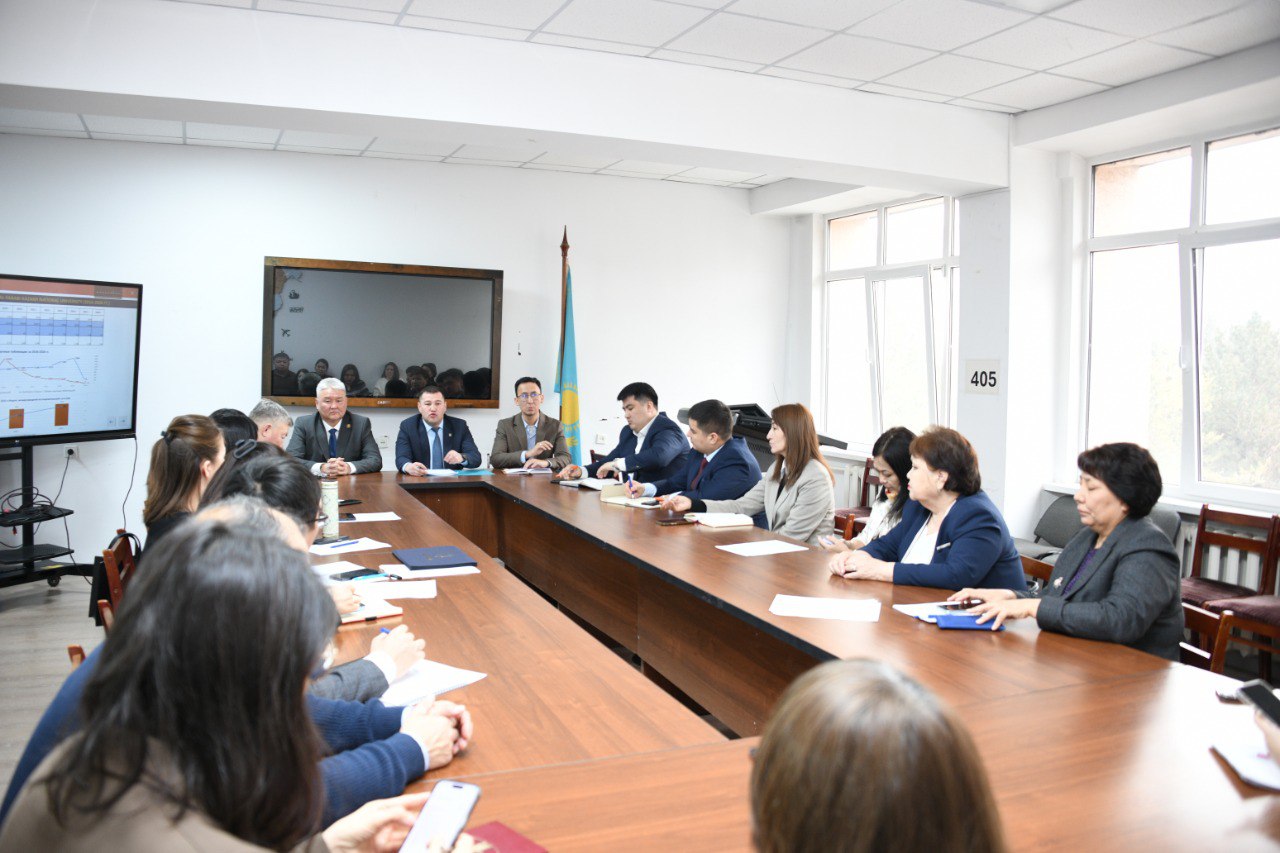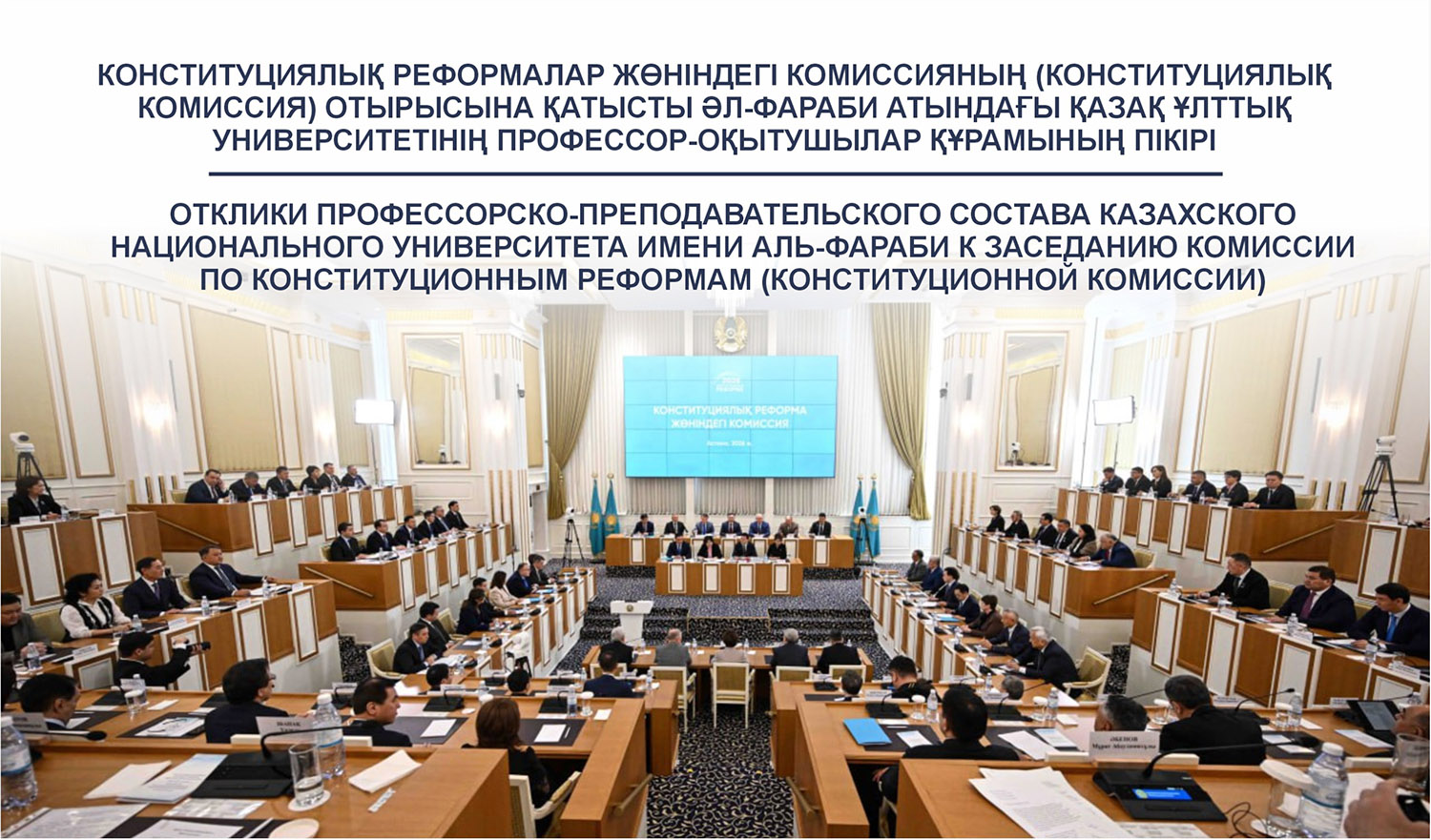“Memory in the Heart, Victory in the Soul”

The events of the Great Patriotic War are receding further into the depths of history. Yet its echoes still resonate in people’s hearts, for time holds its own memory — history. In the year 2025, the entire civilized world commemorates the 80th anniversary of the end of the Second World War.
The most significant celebration for the global community is Victory Day — a day that entered history as the triumph in the Great Patriotic War. It is a day that brought peace to many countries and countless families. A day for which the world had longed for four arduous years. In that war, people of all nationalities stood shoulder to shoulder. They defended their common homeland — the Union of Soviet Socialist Republics. And together, they defeated fascism. Other nations also took part in this war and made invaluable contributions to the victory — among them, the People’s Republic of China.
On May 9, 2025, at the Institute of Foreign Languages of Xinjiang University (China), Zhanna Umatova, an invited lecturer from Al-Farabi Kazakh National University (Kazakhstan), hosted a commemorative concert titled “Memory in the Heart, Victory in the Soul”, dedicated to the 80th anniversary of Victory.
The event opened with wartime chronicles accompanied by the stirring song “The Sacred War.” Afterward, Chinese students studying Russian and Kazakh recited works such as “The Tankman’s Story” by Alexander Tvardovsky, “Wait for Me, and I’ll Return” by Konstantin Simonov, “Zinka” by Yulia Drunina, “Leningraders, My Children” by Zhambyl Zhabayev, as well as Kazakh-language poems including “In Eternal Memory”, “Today is Victory Day”, and others. They also performed songs that have become timeless symbols of the war years, such as “Cranes”, “First of All — Aircraft”, and “Victory Day.” Additionally, the institute’s faculty performed the song “Katyusha” in both Russian and Chinese.
Zhanna Umatova shared with the students stories of the harrowing four years that changed the fate of the entire Soviet people — of a war that claimed millions of lives, of children left orphaned, of families scattered to the corners of the country and beyond. She spoke of how every individual played a role in achieving the Soviet Union’s victory over Germany — men on the front lines, and women and children in the rear.
In place of the men who went to war, housewives, elderly women, and high school students filled the workforce at industrial enterprises. In wartime, the efforts of millions determined the success of the Soviet people both at the front and at home. The Soviet people displayed unparalleled resilience and bravery, unwavering will, and profound devotion to their Motherland.
Concluding the event, Zhanna Umatova emphasized that Victory Day will forever remain a sacred and great occasion — the one holiday we all greet with both joyful anticipation and tears in our eyes. The further the younger generations are removed from the heroic years of the Great Patriotic War, the clearer becomes the true magnitude of the immortal feat accomplished by those who came before us.
Senior Lecturer of the Department of Turkic Studies and Language Theory, Umatova. Zhanna and S. Matai


